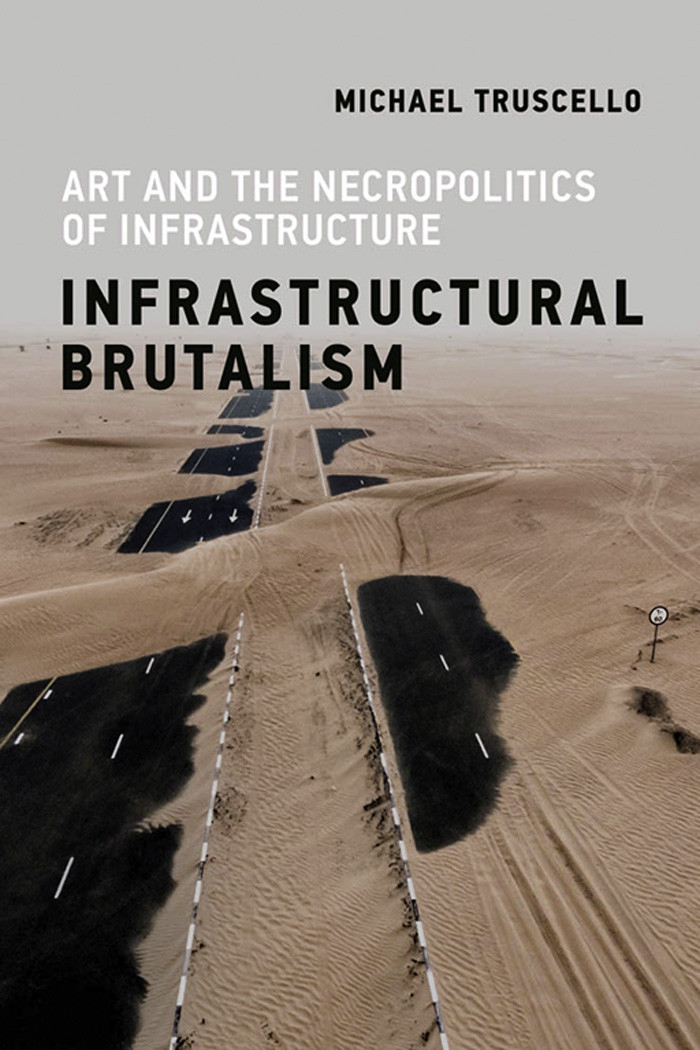

Most ebook files are in PDF format, so you can easily read them using various software such as Foxit Reader or directly on the Google Chrome browser.
Some ebook files are released by publishers in other formats such as .awz, .mobi, .epub, .fb2, etc. You may need to install specific software to read these formats on mobile/PC, such as Calibre.
Please read the tutorial at this link: https://ebookbell.com/faq
We offer FREE conversion to the popular formats you request; however, this may take some time. Therefore, right after payment, please email us, and we will try to provide the service as quickly as possible.
For some exceptional file formats or broken links (if any), please refrain from opening any disputes. Instead, email us first, and we will try to assist within a maximum of 6 hours.
EbookBell Team

4.7
56 reviewsIn this book, Michael Truscello looks at the industrial infrastructure not as an invisible system of connectivity and mobility that keeps capitalism humming in the background but as a manufactured miasma of despair, toxicity, and death. Truscello terms this “infrastructural brutalism”—a formulation that not only alludes to the historical nexus of infrastructure and the concrete aesthetic of Brutalist architecture but also describes the ecological, political, and psychological brutality of industrial infrastructures.
Truscello explores the necropolitics of infrastructure—how infrastructure determines who may live and who must die—through the lens of artistic media. He examines the white settler nostalgia of “drowned town” fiction written after the Tennessee Valley Authority flooded rural areas for hydroelectric projects; argues that the road movie represents a struggle with liberal governmentality; considers the ruins of oil capitalism, as seen in photographic landscapes of postindustrial waste; and offers an account of “death train narratives” ranging from the history of the Holocaust to postapocalyptic fiction. Finally, he calls for “brisantic politics,” a culture of unmaking that is capable of slowing the advance of capitalist suicide. “Brisance” refers to the shattering effect of an explosive, but Truscello uses the term to signal a variety of practices for defeating infrastructural power. Brisantic politics, he warns, would require a reorientation of radical politics toward infrastructure, sabotage, and cascading destruction in an interconnected world.